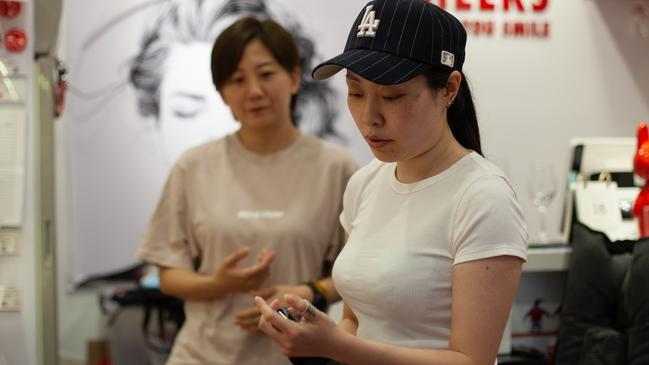Chinese winemakers cry foul on Australian exports and incentives
China’s domestic wine producers allege their share of the country’s booming market has been unfairly taken by ‘low price’, government-supported, Australian competitors.

China’s domestic wine producers allege their share of the country’s booming market has been unfairly taken by “low price”, government-supported, Australian competitors.
In a claim lodged with China’s Ministry of Commerce, lawyers representing industry group the China Alcoholic Drinks Association cited 40 examples of what they say is unfair assistance from federal and state Australian governments. CADA’s lawyers at Beijing B&H Associates — a firm that specialises in trade cases and advertises its close ties to China’s government — allege local producers had suffered because of Australia’s wine industry policy.
“(China’s) domestic industry has suffered significant price depression and price suppression, and the total profit continues to decline,” the firm wrote in a 79-page submission lodged with China’s Ministry of Commerce.
The investigation, announced by China’s government on Tuesday, will look at the sale of Australian wine into China throughout 2019, the year Australia overtook France as the biggest exporter of wine into China, the world’s second-biggest economy.
Annual exports to China in the 12 months to the end of June were worth just more than $1.1bn, according to Wine Australia.
Lawyers for CADA — which represents Chinese wine producers including Great Wall, Dynasty and its oldest winery, Changyu — said the spectacular growth by Australian exporters to China in the past five years benefited from a widespread system of industry support. The claim named Australia’s biggest listed wine producer Treasury Wine Estates, which owns the Penfolds label and is hugely popular among China’s wealthier wine drinkers. Treasury’s stock closed down more than 14 per cent on Tuesday.
Nine other Australian producers were named in the claim, including Accolade Wines (owner of the Hardys and St Hallett labels), Casella (owner of Yellow Tail and Peter Lehmann) and family-owned South Australian producer Yalumba.
Lawyers for the alcohol industry association cited Australia’s “preferential” taxation of the wine industry, and a host of federal government export plans, regional wine programs, and research and development tax incentives.
Dozens of state support programs were also listed in the claim, including the Victorian government’s $30m Agriculture Energy Investment Plan, SA’s Export Accelerator program (which offers up to $30,000 for small and medium-sized businesses), Tasmania’s Advance Manufacturing Innovation and Growth Voucher System, NSW’s TechVouchers scheme and the ACT’s Business Energy and Water Program.
CADA’s lawyers said what they called the unfair support of Australian producers had “caused serious impact and damage to the domestic industry” and argued an investigation was “in the public interest of the People’s Republic of China”.
Their submission also noted the Chinese wine industry was important for rural development and “poverty alleviation”, two key priorities of President Xi Jinping’s administration.




To join the conversation, please log in. Don't have an account? Register
Join the conversation, you are commenting as Logout